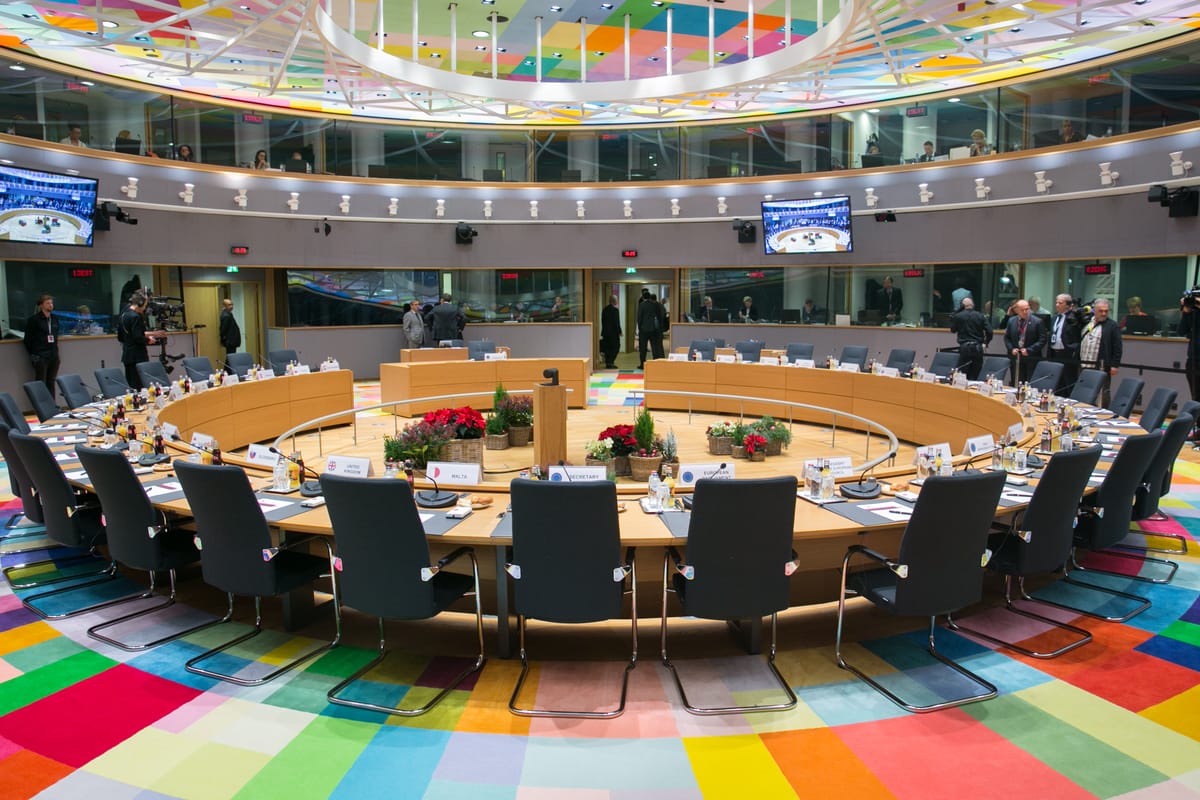Network fees off the table: the US-EU trade deal
The White House says the EU has committed to not introducing network fees, a significant step in transatlantic digital policy talks. While details about the EU's true commitment remain unclear, such fees risk undermining net neutrality and raising consumer costs, as seen in South Korea.

Yesterday, the White House published a short factsheet on the European Union - United States trade deal.
There isn’t much in the factsheet regarding digital issues, aside from vague commitments about future intentions, such as: “The United States and the European Union intend to address unjustified digital trade barriers”.
With one big exception: the factsheet states that the EU commits to not introducing network fees. These fees were originally discussed in the framework of the upcoming Digital Networks Act through so-called “new IP dispute resolution mechanisms”.

A significant development (if true), and if the details of the agreement aren’t watered down later. For example, the EU might commit to not introducing network fees per se, while still implementing new “dispute resolution mechanisms” that, in practice, could amount to the same thing. The European legislative process also allows many reviews and inputs from relevant stakeholders.
European consumer and civil society organizations have expressed criticism towards the idea of network fees/fair share before, so did EU Member States’ representatives back in December 2025.
Introducing network fees could risk net neutrality and increase costs for the end consumer. We wrote before that introducing network fees in South Korea upped the service costs for the consumers and even made some of the digital service providers move outside of South Korea due to increased costs.







